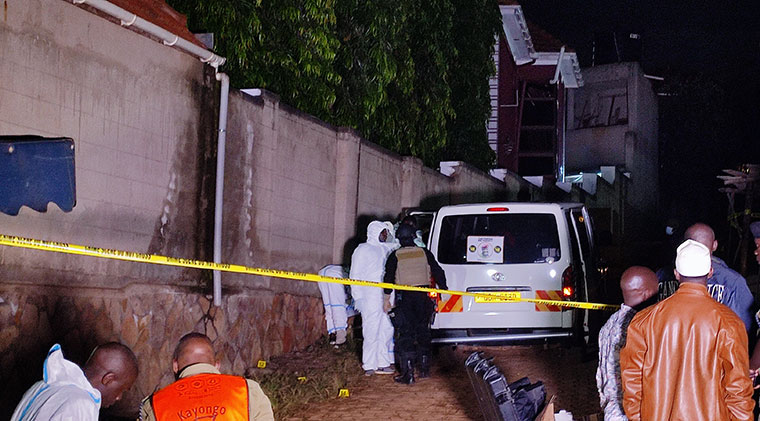Concerns are being raised by experts regarding the escalating number of male breast cancer cases, particularly in Uganda. The Uganda Cancer Institute (UCI) disclosed that they register approximately 40 new cases of breast cancer in men annually at their facility in Kampala, with many of these cases being diagnosed at advanced stages.
Dr. Noleb Mugisha, the head of cancer prevention at UCI, emphasized that breast cancer in men often exhibits greater aggression compared to cases in women. He attributed the primary risk factors for male breast cancer to be a family history of the disease and obesity, with genetics playing a significant role.
Additionally, data from the American Centers for Disease Control and Prevention (CDC) indicates that the risk of breast cancer in men increases with age, with most cases being diagnosed after the age of 50. Exposure to radiation and hormone therapy treatments, particularly those historically used for prostate cancer, also elevate the risk among men.
Dr. Mugisha highlighted that despite breast cancer being commonly associated with women, approximately one percent of all breast cancer cases worldwide occur in men. He underscored the importance of early detection and intervention in improving outcomes for male breast cancer patients.
According to statistics from the Global Cancer Observatory, breast cancer ranks as the third most prevalent cancer in Uganda, accounting for a significant portion of the total cancer cases reported. However, research on male breast cancer in Uganda remains limited.
A study conducted in Northern Uganda, published in the scientific journal Breast Disease in 2021, revealed that male breast cancer constituted 6.2 percent of all breast cancer cases. The study emphasized the advanced nature of the disease upon presentation, indicating significant challenges in early detection and management.
Another research report from 2019 highlighted the predominance of female patients in breast cancer care in Ugandan hospitals. However, it also noted the presence of male patients, underscoring the need for greater awareness and understanding of male breast cancer.
Dr. Mugisha expressed concern that many men tend to seek medical attention only when the disease has advanced significantly. He attributed this delay in seeking care to misconceptions about male breast cancer and urged men to be vigilant about any changes in their breast tissue.
Symptoms of male breast cancer may include a lump or swelling in the breast, redness or flaky skin, nipple discharge, or nipple pain. Treatment options for male breast cancer are similar to those for women and may include surgery, chemotherapy, radiation therapy, hormone therapy, and targeted therapy.
While the exact causes of male breast cancer remain unclear, experts recommend maintaining a healthy lifestyle, including regular exercise, a balanced diet, limiting alcohol consumption, and undergoing regular medical check-ups, to reduce the risk of developing the disease. Vigilance in recognizing symptoms and seeking prompt medical attention can significantly improve outcomes for male breast cancer patients.




















